Description
Lipicard 160 mg containing Fenofibrate is a cholesterol (LDL or bad cholesterol) and triglycerides (fatty acids) lowering drug. It increases the levels of HDL or good cholesterol. Fenofibrate is prescribed along with a proper low-fat diet to treat high cholesterol. Elevated levels of cholesterol and triglycerides can lead to atherosclerosis (clogged arteries). By lowering triglycerides, Fenofibrate may reduce the risk of pancreatitis in people with high blood triglyceride levels. However, this medication might not be able to prevent heart attack or stroke.
Product Description
— Lipicard 160 mg is contraindicated for patients with a history of hypersensitivity to Fenofibrate, severe renal dysfunction, liver disorder, pre-existing gallbladder disease, or breastfeeding.
— Limited data on Fenofibrate use in pregnant women is insufficient to determine the risk of congenital disabilities, adverse effects on the fetus, or miscarriage-related risks associated with this drug. Safety and effectiveness are not established in pediatric patients.
— Modifying therapy when bile acid sequestrants are co-administered with Fenofibrate is recommended as they may reduce the overall absorption of acid. If co-administration of these drugs is required, using Fenofibrate an hour before or four to six hours after a bile acid sequestrant is recommended.
— The co-administration of ciprofibrate and Fenofibrate may enhance the toxic effects of fabric acid derivatives. It is highly recommended to avoid this combination of medicine.
— Modifying therapy when Fenofibrate is co-administered with warfarin or K antagonists is suggested as Picard may increase the anticoagulant effect of k antagonists and warfarin.
— Fenofibrate may also interact with other drugs and require a dose, frequency, or therapy change. Muscle pain may occur when using Fenofibrate in combination with statins or colchicine. Patients suffering from severe kidney disease, including those on dialysis, should avoid Fenofibrate due to the increased risk of myositis (inflammation of muscles).
Side Effects
Some of the most common adverse effects of Lipicard include dizziness, headache, wheezing, coughing, constipation, dyspepsia, wheezing, cough, constipation, asthenia, joint pain, wheezing, nasopharyngitis, and flu-like symptoms. Some serious side effects requiring dose adjustments or discontinuation may include elevated liver enzymes, arrhythmia exacerbation, and heart attack.
How to Use
Take Lipicard strictly according to your doctor’s directions. Do not alter the dosage unless your doctor advises you to do so. Also, do not take this medication after the prescribed period is over. The medicine is available in the form of capsules that is administered orally once daily with or without food. The capsule must be swallowed whole, not chewed, crushed, or dissolved. The medicine may be considered an option for individuals taking moderate-intensity statin therapy if the benefits outweigh the potential risk of side effects. Dose adjustments are made based on the individual patient’s response.
Lipicard is part of a full line of blood pressure treatment, including diet restrictions, exercises, and other medicines. Follow a proper regimen as directed by your doctor to keep your cholesterol levels in check. If you are also taking other cholesterol-lowering drugs such as cholestyramine, colestipol, or colesevelam, take them at least 1 hour after or 4 hours before taking Fenofibrate.


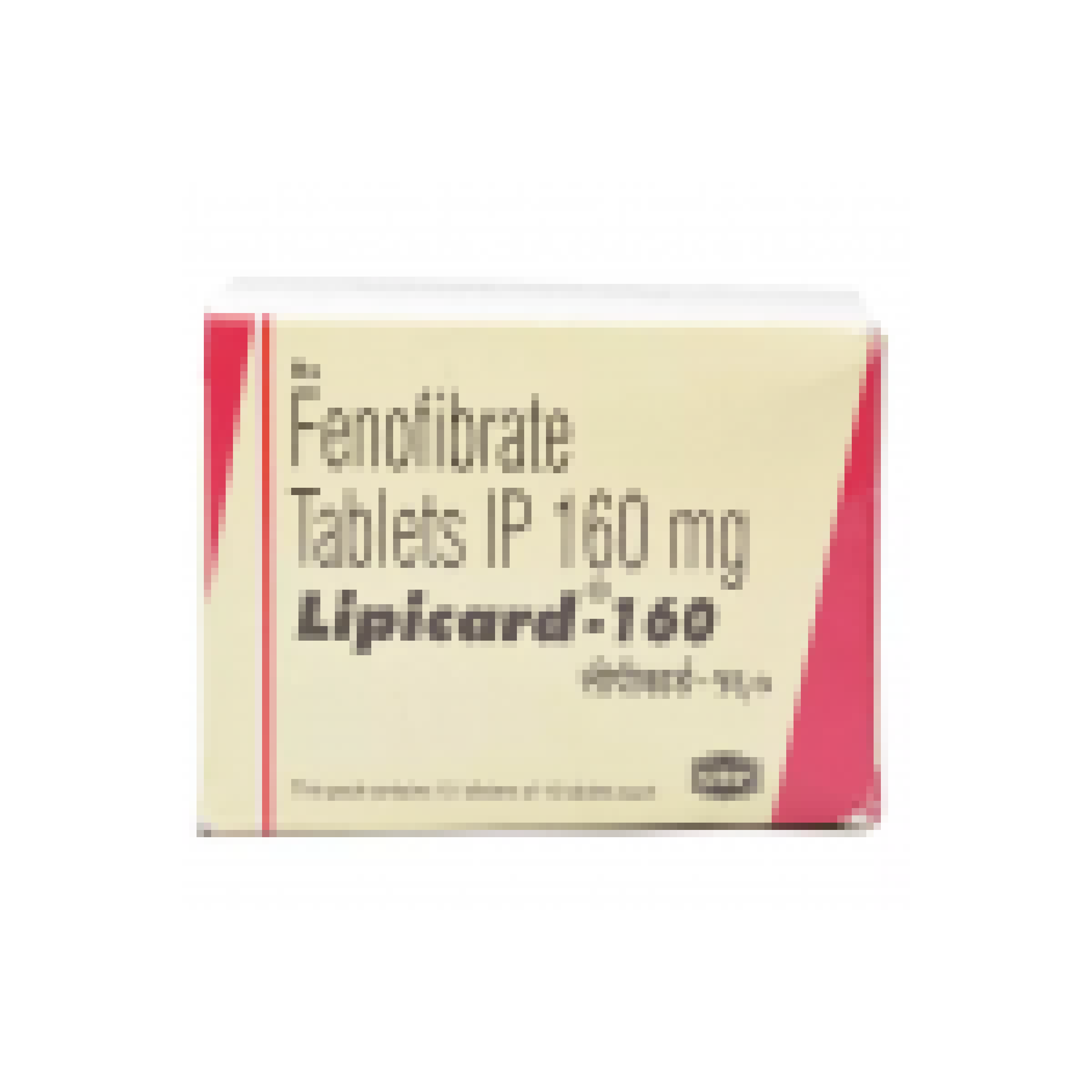
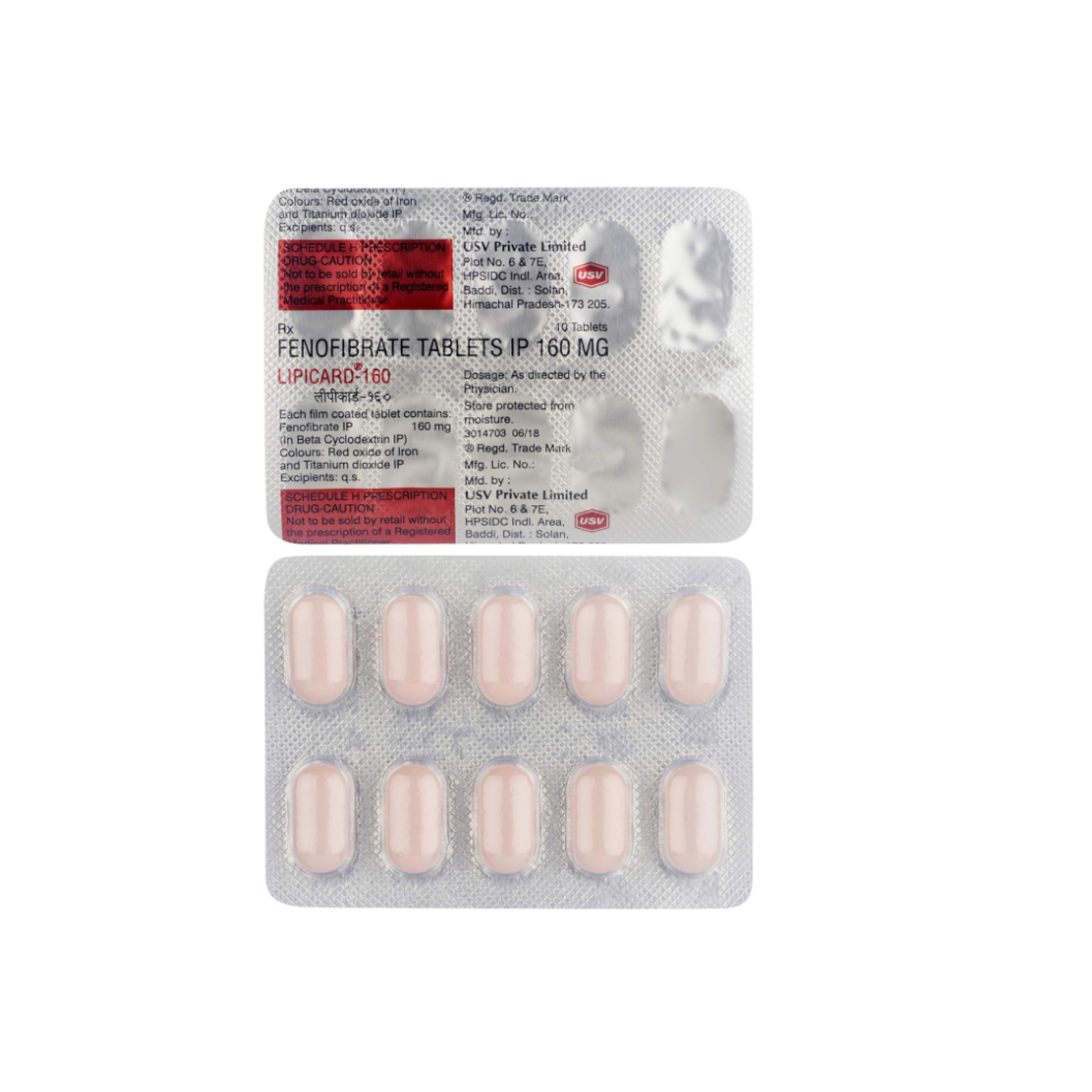
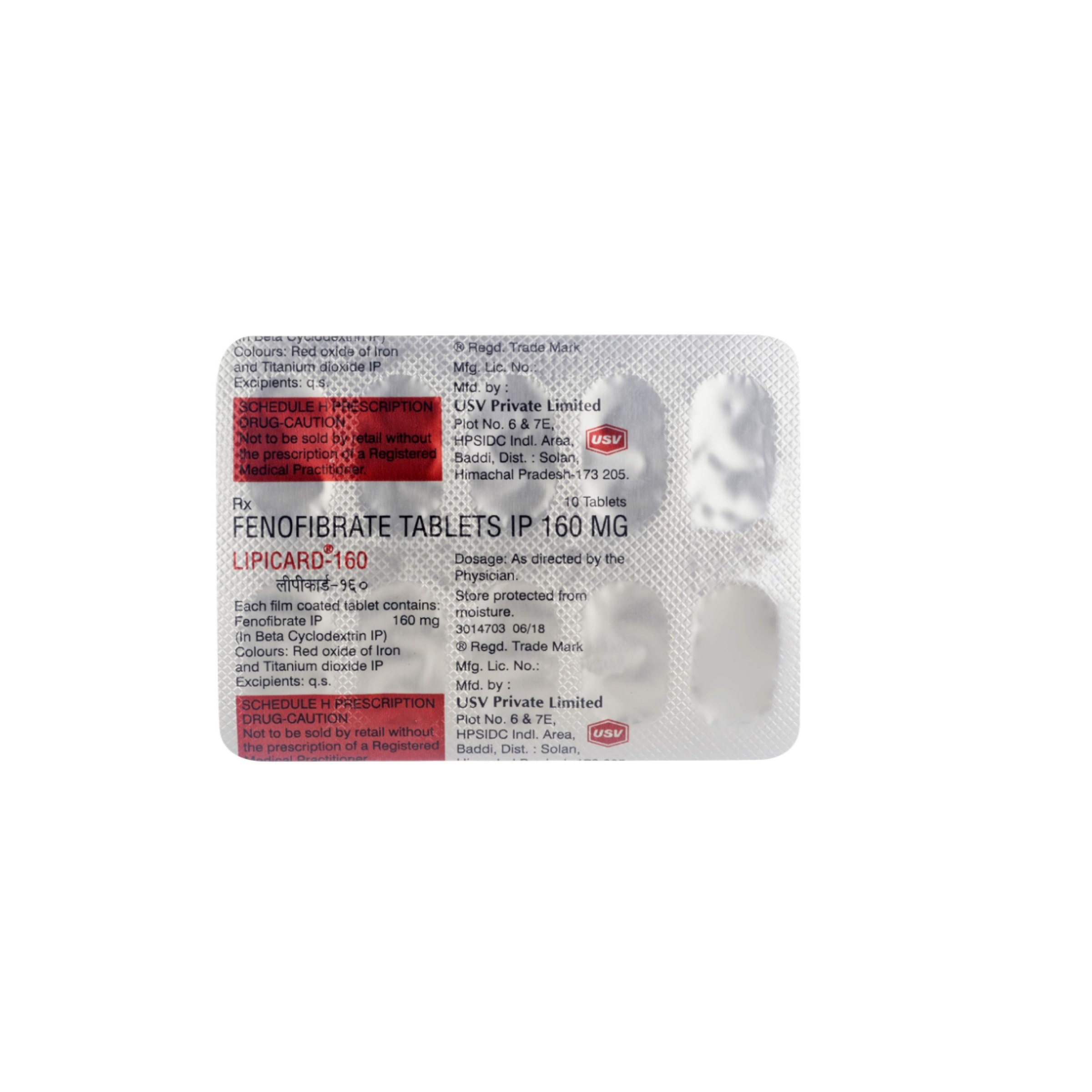
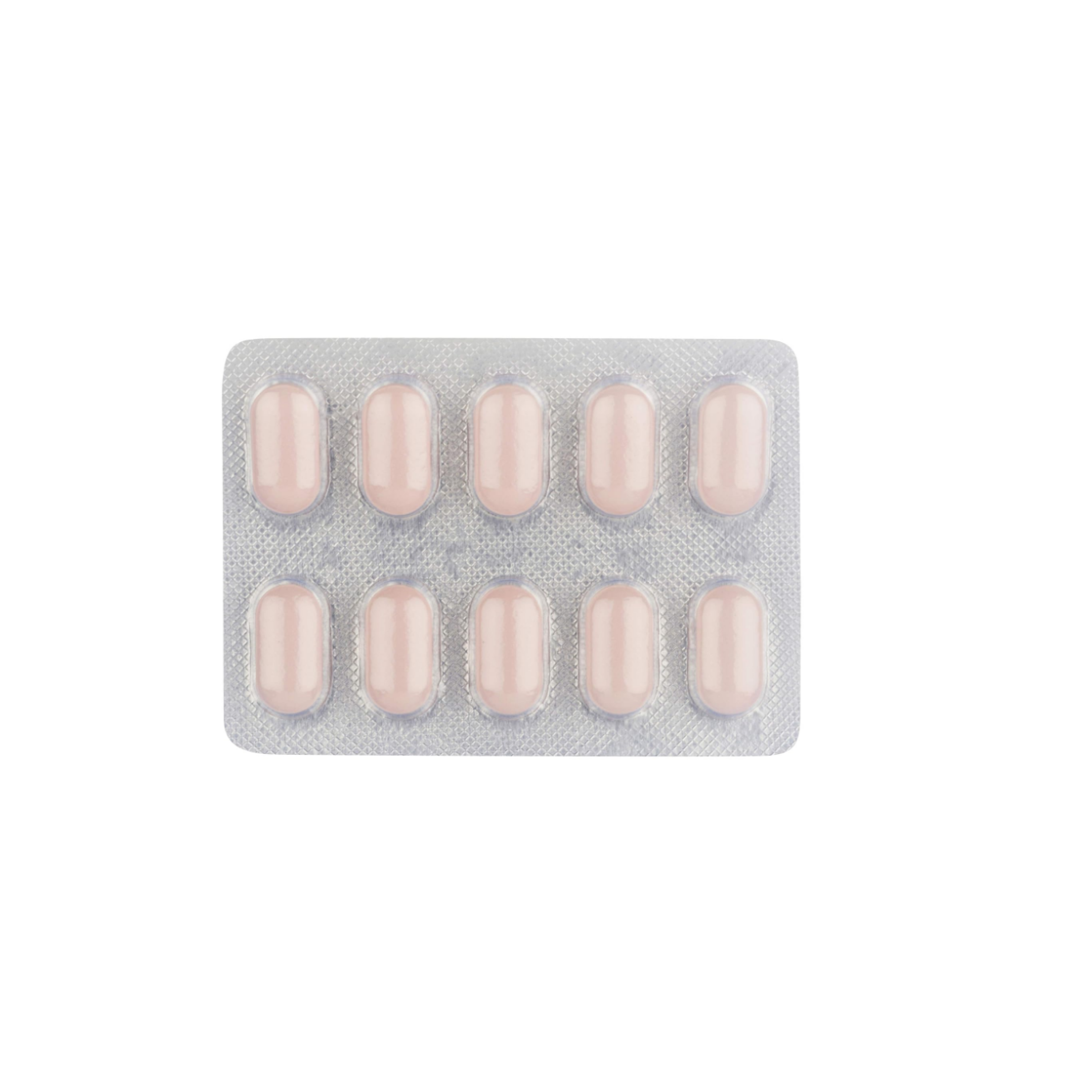
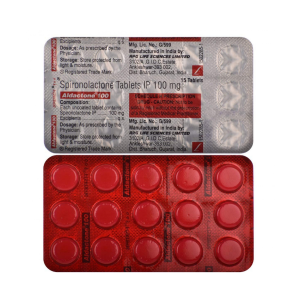
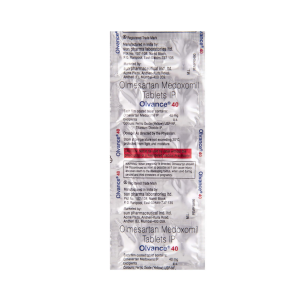
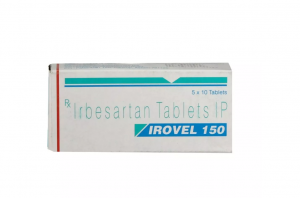
1 review for Lipicard 160mg Tablet
There are no reviews yet.